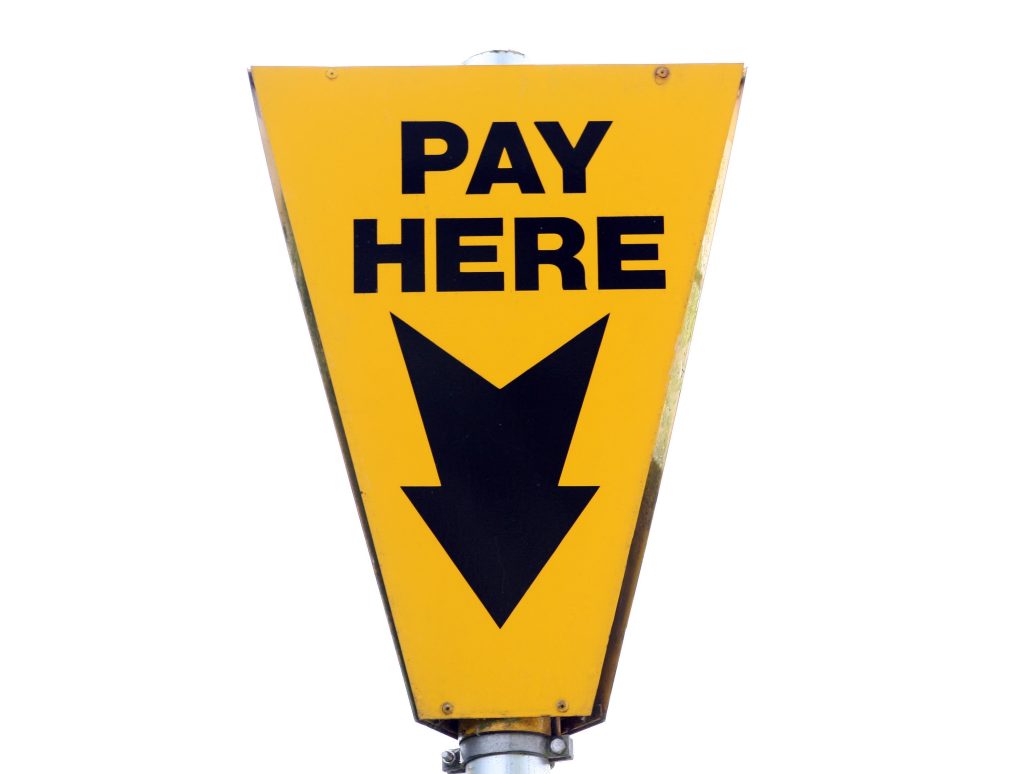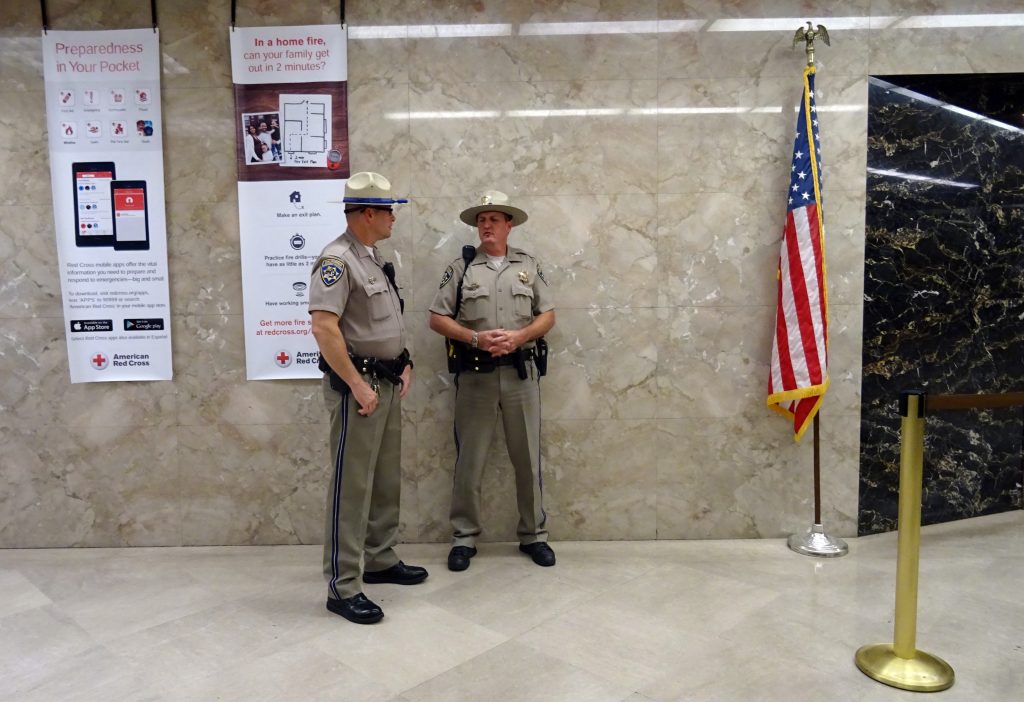 Imagine an injury on a ladder, lawnmower, boat, or other manufactured product. The product might appear defective; however, is defectiveness sufficient to win a lawsuit against the manufacturer? Under Louisiana law, to prevail in a lawsuit alleging medical injuries from a defective product, a plaintiff must provide adequate medical evidence to support that the injuries likely resulted from the defective product. This is referred to as “medical causation.” Without establishing medical causation, you may not be able to recover for your injuries.
Imagine an injury on a ladder, lawnmower, boat, or other manufactured product. The product might appear defective; however, is defectiveness sufficient to win a lawsuit against the manufacturer? Under Louisiana law, to prevail in a lawsuit alleging medical injuries from a defective product, a plaintiff must provide adequate medical evidence to support that the injuries likely resulted from the defective product. This is referred to as “medical causation.” Without establishing medical causation, you may not be able to recover for your injuries.
Craig Andrews was a river pilot. He injured his hip after climbing a ladder that he alleged was negligently rigged. After that, he and his wife sued Lomar Shipping, alleging that his injuries resulted from climbing their negligently rigged ladder.
The United States District Court for the Eastern District of Louisiana granted summary judgment under Fed. R. Civ. P. 56 in favor of Lomar Shipping. Summary judgment means that the court ruled in favor of a party (here, Lomar Shipping) before trial. The District Court explained that Mr. Andrews did not submit adequate medical evidence to support that climbing the ladder he alleged was negligently rigged caused his injuries. Therefore, summary judgment was warranted because there was no genuine issue for trial.
 Louisiana Personal Injury Lawyer Blog
Louisiana Personal Injury Lawyer Blog


 The difficulty of losing a loved one is compounded when death results from a faulty product. Further anguish occurs when a lawsuit against the defective product manufacturer is dismissed, barring recovery. It is essential to be aware that there are many deadlines and requirements to comply with to avoid the dismissal of a lawsuit. This is the situation in which the Lemieux family found themselves following their loved one’s death.
The difficulty of losing a loved one is compounded when death results from a faulty product. Further anguish occurs when a lawsuit against the defective product manufacturer is dismissed, barring recovery. It is essential to be aware that there are many deadlines and requirements to comply with to avoid the dismissal of a lawsuit. This is the situation in which the Lemieux family found themselves following their loved one’s death.  What would you do if you were heir to property and found out the City had issued a demolition order for that property? A recent case decided in New Orleans discusses that question. The City of New Orleans, Louisiana, brought administrative proceedings against property owners whose property was allegedly blighted. However, the situation became more complicated because the property owners were deceased.
What would you do if you were heir to property and found out the City had issued a demolition order for that property? A recent case decided in New Orleans discusses that question. The City of New Orleans, Louisiana, brought administrative proceedings against property owners whose property was allegedly blighted. However, the situation became more complicated because the property owners were deceased.  One of the first things that occur after a car accident is the parties exchange insurance information. But, unfortunately, just because someone has an insurance card doesn’t always mean they are covered for the wreck they caused. A driver in Metairie learned that lesson the hard way, as shown by the case below.
One of the first things that occur after a car accident is the parties exchange insurance information. But, unfortunately, just because someone has an insurance card doesn’t always mean they are covered for the wreck they caused. A driver in Metairie learned that lesson the hard way, as shown by the case below. Litigation can be lengthy and costly, especially when expert witnesses get involved. The good news is that a prevailing party can be awarded many of these costs at the trial court’s discretion. The bad news? Not every fee may be granted, as Carlo Conforto learned in a case he brought to the Twenty-Fourth Judicial District Court in Jefferson Parish.
Litigation can be lengthy and costly, especially when expert witnesses get involved. The good news is that a prevailing party can be awarded many of these costs at the trial court’s discretion. The bad news? Not every fee may be granted, as Carlo Conforto learned in a case he brought to the Twenty-Fourth Judicial District Court in Jefferson Parish. Deadlines matter in all areas of life, but in the legal world, they can determine whether a lawsuit will move forward or even get started. In Louisiana, a prescriptive period is a window of time for legal action to be brought and enforced. Depending on the kind of claim, the prescriptive period may be longer or shorter than you think.
Deadlines matter in all areas of life, but in the legal world, they can determine whether a lawsuit will move forward or even get started. In Louisiana, a prescriptive period is a window of time for legal action to be brought and enforced. Depending on the kind of claim, the prescriptive period may be longer or shorter than you think. Medical procedures are never an enjoyable process. However, the process becomes even more miserable when recuperation is delayed because of infections. Darrin Coulon found himself in this situation after receiving shoulder surgery in 2011 from Dr. Mark Juneau at the West Bank Surgery Center. His recovery became even more difficult as he navigated the complex procedural requirements of filing a medical malpractice claim.
Medical procedures are never an enjoyable process. However, the process becomes even more miserable when recuperation is delayed because of infections. Darrin Coulon found himself in this situation after receiving shoulder surgery in 2011 from Dr. Mark Juneau at the West Bank Surgery Center. His recovery became even more difficult as he navigated the complex procedural requirements of filing a medical malpractice claim. Feeding a horse a treat can seem all fun and games until the horse bites you. This is a lesson Danielle Larson, a visitor to Equest Farm in City Park in New Orleans, learned the hard way in 2013 when a horse bit her while she was feeding it a carrot.
Feeding a horse a treat can seem all fun and games until the horse bites you. This is a lesson Danielle Larson, a visitor to Equest Farm in City Park in New Orleans, learned the hard way in 2013 when a horse bit her while she was feeding it a carrot. Even if your lawsuit has good facts, to prevail, the court must have subject matter jurisdiction to hear your case. Subject matter jurisdiction is the “legal power and authority of a court” to listen to a given proceeding. See
Even if your lawsuit has good facts, to prevail, the court must have subject matter jurisdiction to hear your case. Subject matter jurisdiction is the “legal power and authority of a court” to listen to a given proceeding. See  Lawsuits are filed every day. However, not all of these lawsuits are worth the attention of the courts. Courts are already swamped with dozens and dozens of cases on their dockets and they cannot afford–both monetarily and temporally–to hear every case that comes to their courtrooms. As a result, courts allow parties to file a motion for summary judgment, which allows courts to drop a lawsuit if there is no issue of material fact among the parties.
Lawsuits are filed every day. However, not all of these lawsuits are worth the attention of the courts. Courts are already swamped with dozens and dozens of cases on their dockets and they cannot afford–both monetarily and temporally–to hear every case that comes to their courtrooms. As a result, courts allow parties to file a motion for summary judgment, which allows courts to drop a lawsuit if there is no issue of material fact among the parties.